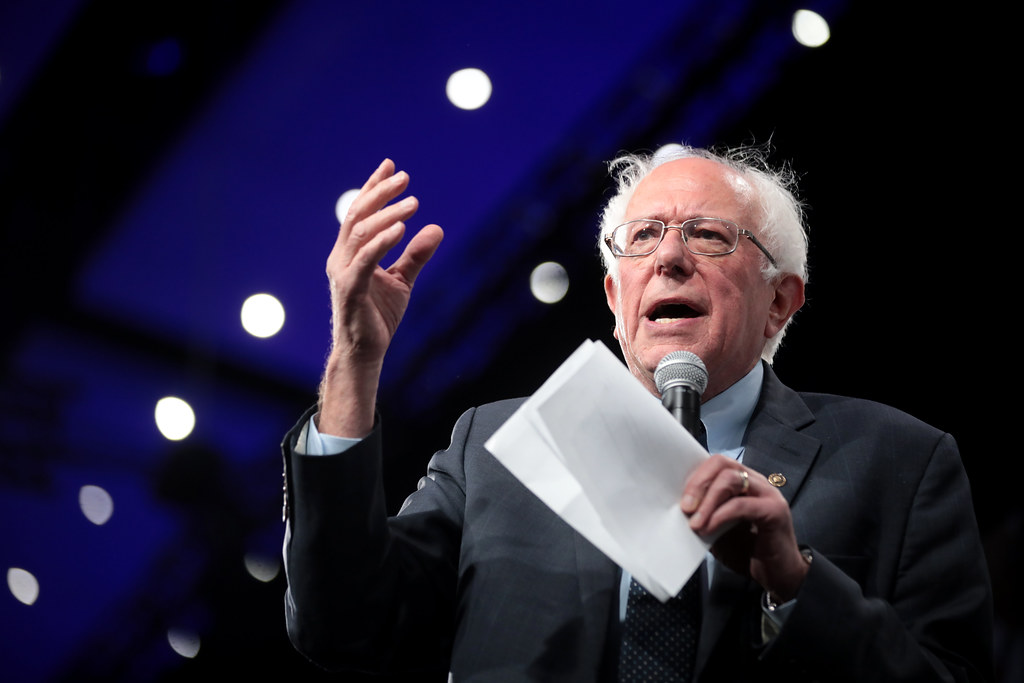debate
-
So Much for Biden’s Promise to End U.S. Support for the War in Yemen
Bernie Sanders introduced another War Powers Resolution to end U.S. support for the war in Yemen, but he ultimately pulled it under pressure from the Biden administration. Read my coverage in The New Republic.
-
Biden’s Pledge to Pull Back in Yemen Is Full of Holes
A close analysis of Biden’s announcement to end US support for “offensive” operations in Yemen but continue to “defend Saudi Arabia’s sovereignty” suggests perhaps a disingenuous ploy to appease a refreshingly active antiwar coalition while continuing to intervene through other means. Read the piece in The New Republic. There’s a lot of interesting stuff in…
-
Bellicose Biden to Bring More War
I wrote a piece on what to expect from Biden’s foreign policy for the February issue of the NYC Chinatown-based (print-only) newspaper The Drunken Canal.
-
‘We Don’t Need a Smoking Gun’: U.S. Provocations and the Soviet Invasion of Afghanistan
For Fellow Travelers, I review the latest historiography on the Soviet invasion of Afghanistan. It argues—successfully, in my view—that, contrary to popular criticism, Jimmy Carter and Zbigniew Brzezinski did not seek to “trap” the Soviets in an “Afghan quagmire.” But, crucially, this does not absolve Washington of responsibility for the violence unleashed in Afghanistan over…
-
The ‘Good War’ in Afghanistan Was Never Good
As America’s longest war inches closer to an end as a result of Donald Trump’s deal with the Taliban, commentators are furnishing autopsies of how the so-called “good war” in Afghanistan hasn’t lived up to its moniker after nearly two decades of stalemate. In Jacobin, I lay out a simple point: the “good war” was…
-
‘Please Call Back Later’: Filing for Unemployment During a Pandemic
I lost my main source of income due to the Covid-19 pandemic, had a helluva time filing for unemployment insurance, talked to some New Yorkers who had similar experiences, and wrote about it for The Progressive.
-
Why International Law Can’t Save Palestine
Liberal critics of Israel often think that, to achieve peace with Palestinians, all Israel needs to do is better respect international law. Noura Erakat’s new book, Justice for Some: Law and the Question of Palestine, powerfully corrects this narrative by showing how international law has done more to entrench Israel’s settler colonialism than impede it.…
-
Fordham’s Students for Justice in Palestine Did More Than Win Club Status
When I was an undergrad at Fordham, my friends and I tried to form a chapter of Students for Justice in Palestine (SJP). The student government voted to approve our application, but the dean of students overruled that vote and prohibited us from attaining official club status on campus. So we filed a lawsuit. Last…
-
Add Trump’s Yemen Veto to Obama’s Spotty War Legacy
In The New Republic, I point out how Obama’s Libya war paved the way for Trump to veto the resolution demanding an end to US support for the Saudi-led coalition’s war in Yemen. Trump loves to present himself as the anti-Obama, but he has no one to thank more than Obama for his ability to…
